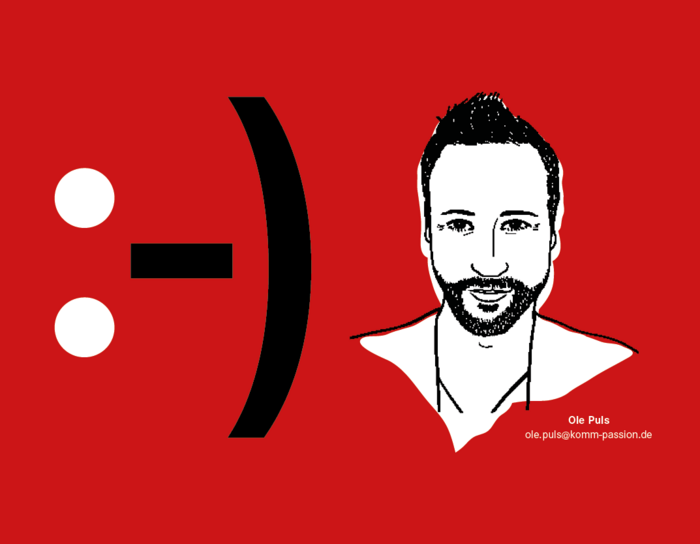Dossier update of January 19, 2021
In October 2020 we used our analytical tool PAS 2.0 to reveal the three major areas of interest for vaccine opponents (see dossier text below).
Now, roughly four months later, we looked at the interests of this group once again and have been able to identify two alarming elements:
- Outgoing US President Donald Trump is now part of the DNA of vaccine opponents in the so-called “Alternative For Germany Cluster”.
- The “Interference Cluster under Russian Influence” has clearly gained in relevance overall – e.g., a 25% rise in “chemtrails” or growth of 36% for “Resistance 2020” (“Your Grassroots Party”). The list of findings has also identified new and more radical entities such as “klagemauer.TV”.
All in all it is an alarming development that alternative-fact media continue to gain discourse dominance. This also makes it much more difficult to reach vaccine skeptics.

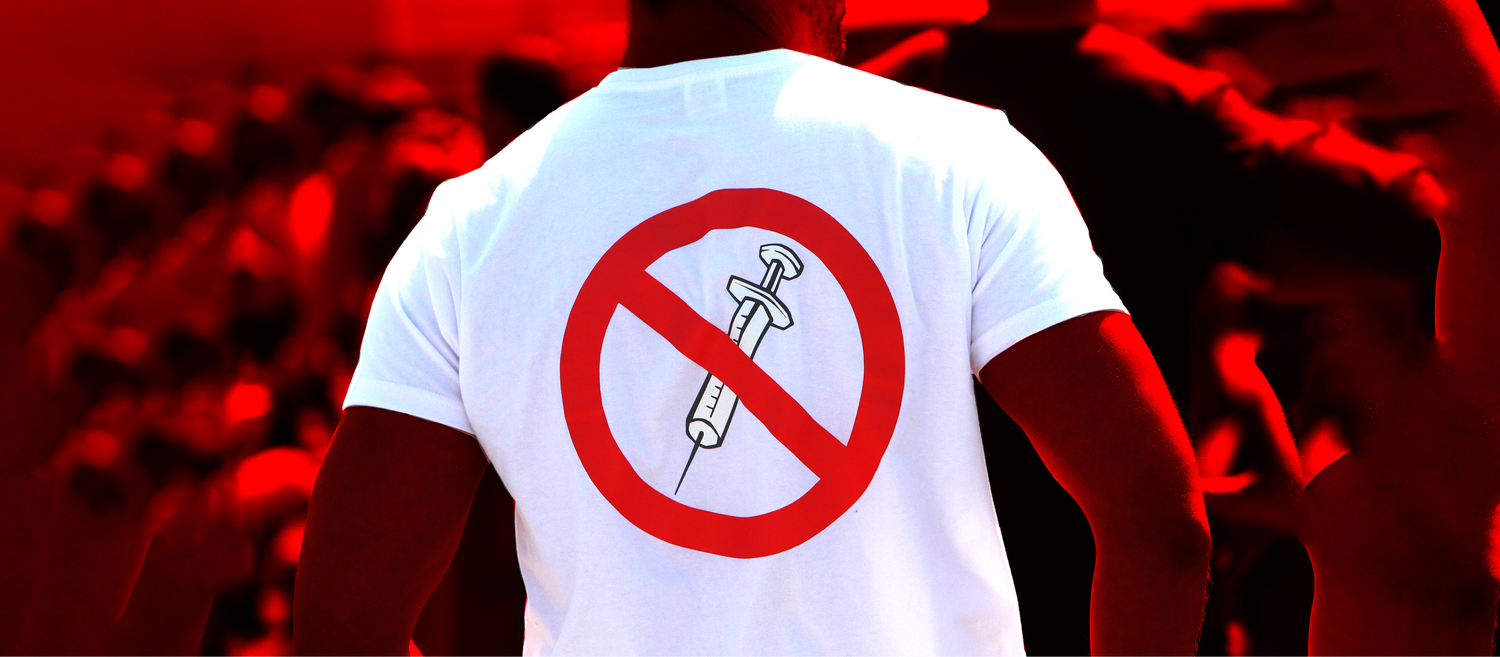
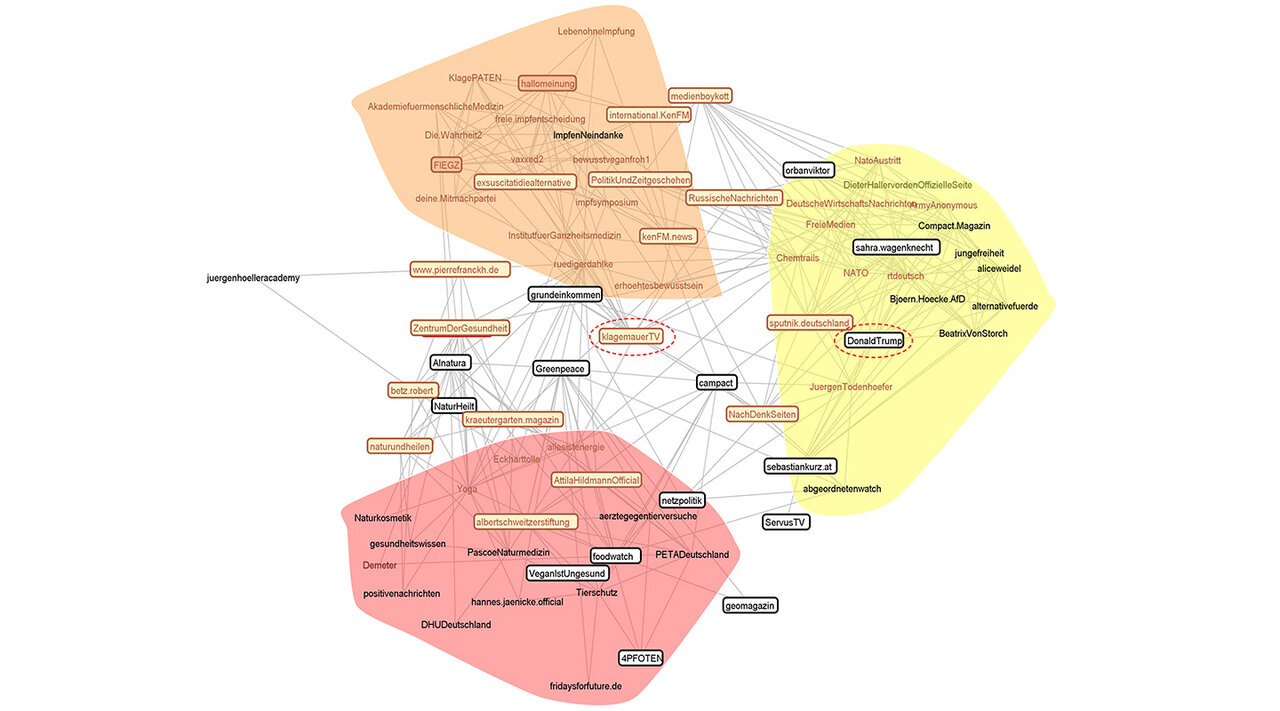
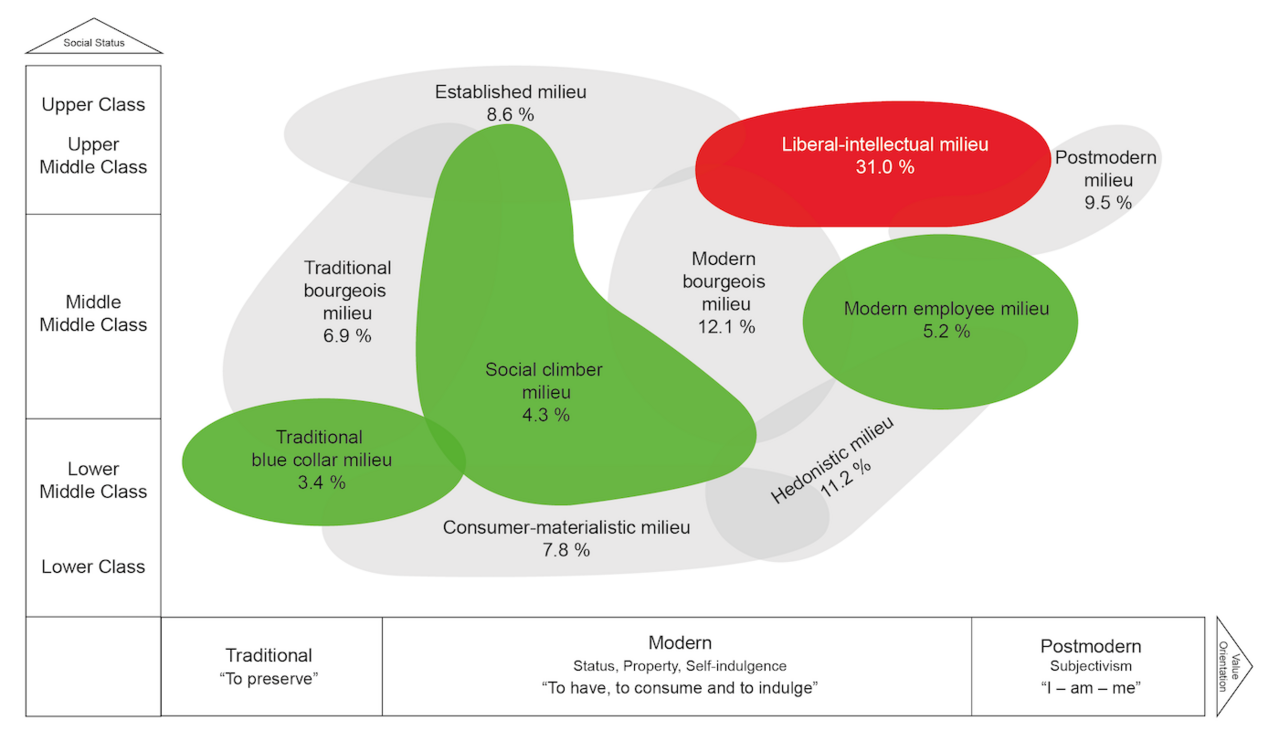

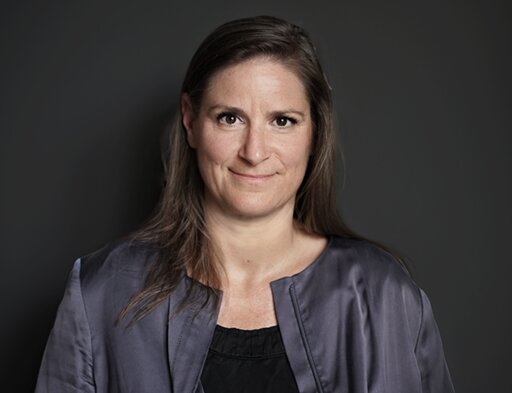
 KOMM-PASSION.DE
KOMM-PASSION.DE
